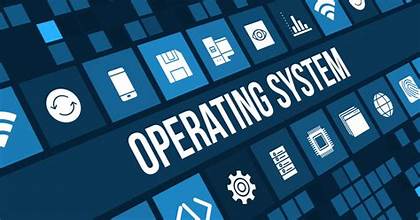
Laravel is a popular open-source PHP web framework known for its elegant syntax, expressive and intuitive API, and robust features that facilitate rapid web application development. It follows the Model-View-Controller (MVC) architectural pattern and provides tools and utilities to streamline common tasks such as routing, authentication, caching, and database management.
History:
Laravel was created by Taylor Otwell and first released in June 2011. Otwell built Laravel as an attempt to provide a more advanced alternative to the existing PHP frameworks available at the time. He aimed to create a framework that prioritized developer experience, code simplicity, and modern development practices.
Since its initial release, Laravel has undergone numerous updates and improvements, with each new version introducing enhancements, bug fixes, and new features. The framework has gained widespread adoption within the PHP community and is widely regarded as one of the most popular PHP frameworks for web development.
Information:
Here are some key points about Laravel:
- Expressive Syntax: Laravel features an expressive and intuitive syntax that allows developers to write clean and readable code, reducing the time and effort required for development and maintenance.
- Modular Structure: Laravel is built with a modular structure, allowing developers to organize their code into reusable components and easily add or remove functionality as needed.
- Eloquent ORM: Laravel includes Eloquent, an object-relational mapping (ORM) library that simplifies database interactions by providing a fluent and expressive syntax for querying and manipulating database records.
- Blade Templating Engine: Laravel comes with Blade, a powerful templating engine that simplifies the process of creating HTML templates and allows developers to write concise and expressive template code.
- Routing: Laravel provides a simple and intuitive routing system that allows developers to define application routes using a clean and expressive syntax, making it easy to manage and organize application URLs.
- Middleware: Middleware in Laravel allows developers to filter HTTP requests entering the application. It provides a convenient mechanism for implementing cross-cutting concerns such as authentication, logging, and CSRF protection.
- Authentication and Authorization: Laravel simplifies the implementation of user authentication and authorization with built-in features such as authentication scaffolding, session management, and role-based access control.
- Testing Support: Laravel includes built-in support for testing, allowing developers to write unit tests and integration tests to ensure the stability and reliability of their applications.
- Community and Ecosystem: Laravel has a vibrant community of developers who contribute to its development, provide support, and create extensions, packages, and plugins to extend its functionality.
Overall, Laravel provides developers with a powerful and elegant framework for building modern web applications quickly and efficiently, making it a popular choice for PHP web development projects.




